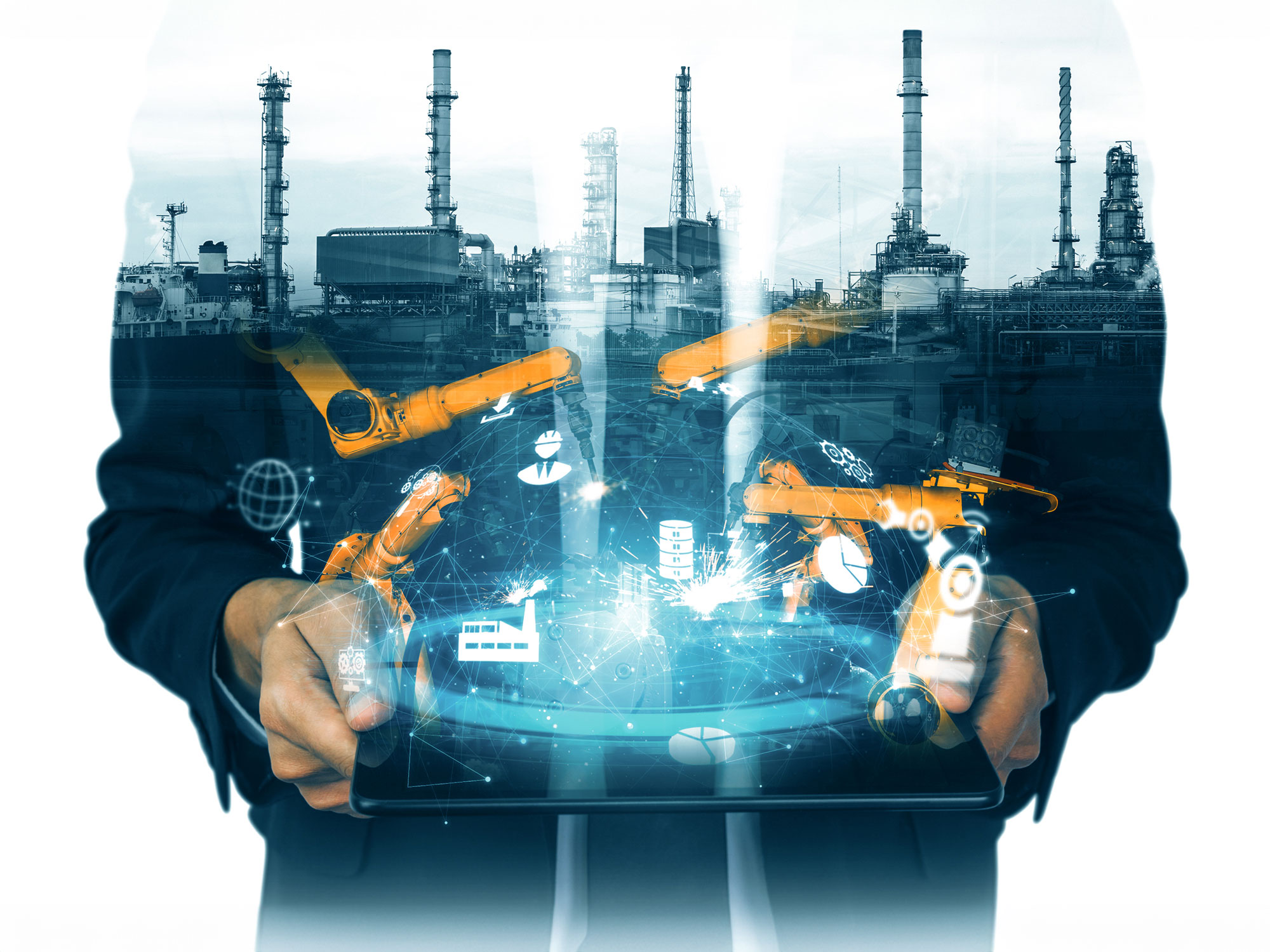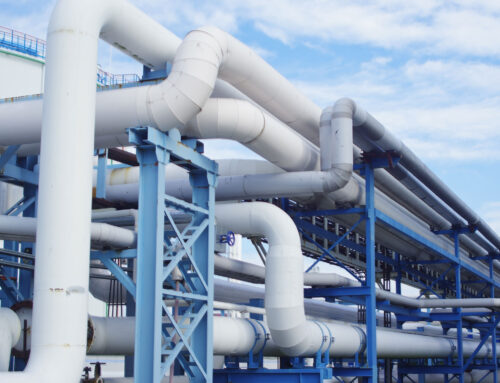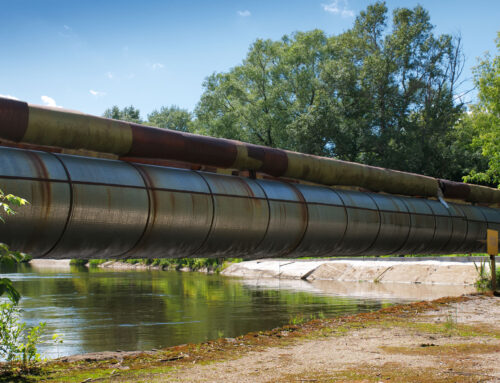“[Generative] AI adds intelligence to any data, which can be used to inform decision making–potentially reducing long processes to a single question–and it enables workers to gain previously unknown knowledge or capabilities. With this in mind, the growing list of exciting and nontrivial potential use cases in mining, oil and gas, chemicals, agriculture, power, and materials is ample reason for leaders to seriously consider [generative] AI,” reports McKinsey in Beyond the hype: New opportunities for gen AI in energy and materials.
Long preoccupied with operational costs, supply, and demand, the oil and gas industry stands poised to benefit from the widespread adoption of AI technology. Here are three advantages to watch for in the upcoming year.
1. Predictive Maintenance Improves Efficiency and Safety.
Instead of scheduled maintenance on equipment, new types of data sensors leverage artificial intelligence and machine learning to measure how well equipment works and predict when it should be maintained.
As a result, predictive maintenance can prevent machine failure, minimize machine downtime, and extend the life of equipment. It also reduces unnecessary scheduled maintenance, saves money, and allows operations to continue uninterrupted.
2. Demand Forecasting Streamlines Inventory Planning.
One of the biggest challenges the oil and gas industry faces is accurately predicting demand. Now, AI algorithms crunch large amounts of data sets, including information about global market trends and sales data, to measure the current oil supplies and forecast short-term, mid-term, and long-term needs.
Based on that forecasting, oil and gas companies can maintain, increase, or decrease production. They also can anticipate the demand for offshore drilling and further oil exploration.
3. AI Helps to Make Oil and Gas Supply Chains More Robust.
Before the global pandemic, the oil and gas industry, like many other industries, sought to make supply chains cost-effective. The lack of resilience in global supply chains caused massive disruptions to everyday life and eventually influenced many companies to rethink and rebuild how they import and export oil. Four years later, AI has radically changed how companies approach logistics.
For example, AI automates shipping and traffic routes based on currents and weather patterns and locates the best suppliers based on need. It dramatically increases a company’s ability to monitor tankers, pipelines, and trucks as they transport oil, allowing companies to respond if there is a delay or disruption.
AI algorithms can forecast responses to otherwise unanticipated political, economic, or natural disasters, identifying how those events could impact importation, exportation, and inventory reserves.
How Financial Fuel Services Can Help Your Oil Company
Don’t get caught being behind the times. Stay on top of budding trends in AI and the oil and gas industry and follow Financial Fuel Services’ industry news. We work as payment processing experts for oil and gas companies throughout the U.S. and Canada, allowing us to keep our fingers on the pulse of up-and-coming industry changes.
To learn more about what our team can do for you, schedule your free consultation with Financial Fuel Services.






